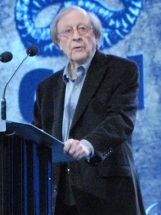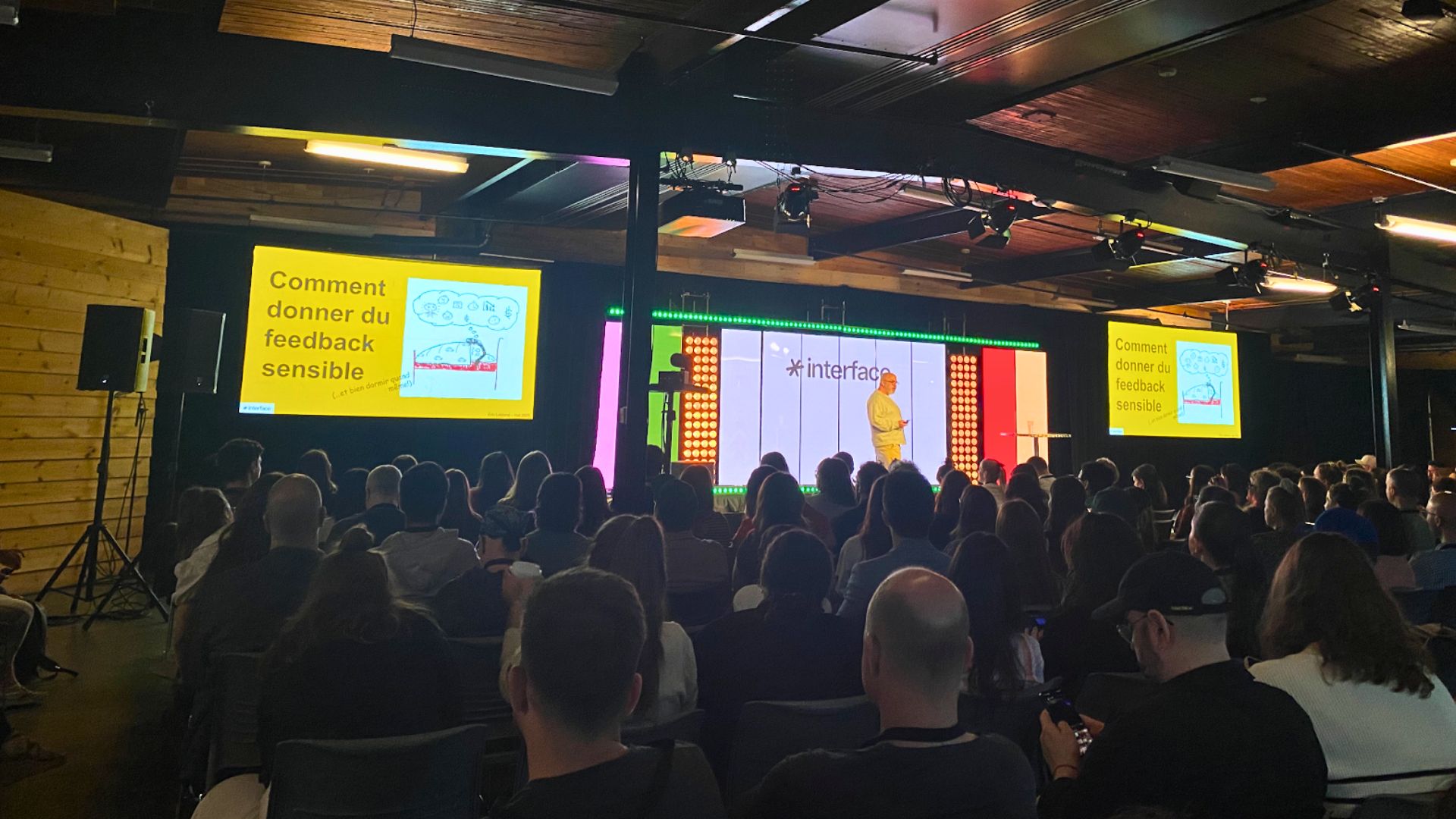Guy Rocher, sociologue québécois, rappelle les changements vécus par notre système d’éducation au 20e siècle et propose des savoir-être à privilégier aujourd’hui.

Guy Rocher a été invité à prononcer la conférence d’ouverture du 4e Colloque international en éducation, tenu à Montréal les 18 et 19 mai dernier. Sociologue québécois né le 20 avril 1924, cet homme a été membre de ce qu’on nomme communément la Commission Parent, mais dont le nom officiel est Commission royale d’enquête sur l’enseignement dans la province de Québec. À la fois intellectuel et homme d’action, il a défendu l’État-providence et fut un acteur important de la Révolution tranquille.
Voici quelques notes prises lors de sa conférence.
Dans la première moitié de ce « 20e siècle assassin » (expression exacte utilisée par M. Rocher), l’éducation et la santé au Québec étaient réservés à l’élite. Jusqu’à la Seconde Guerre mondiale, on rencontrait beaucoup d’analphabètes. Cependant, dans les années 1950, de nouvelles idées circulaient au sein des sociétés. Le système d’éducation du Québec n’était plus adapté à la structure sociale d’après-guerre.
La « Commission Parent », qui a mené à la création du ministère de l’Éducation et à la scolarisation obligatoire jusqu’à 16 ans, a été influencée par la pensée de James Bryant Donnant, un chimiste qui a été président de l’Université Harvard et auteur de la préface du rapport General Education in a Free Society, publié en 1950 par les Presses de l’Université Harvard.
À cette époque s’est produit au Québec une immense révolution sociale et humaine, un tsunami dont l’influence n’est pas encore complètement absorbée plus de 50 ans plus tard. Notre système d’éducation est passé d’un système réservé à l’élite à un système d’enseignement de masse. C’est l’époque de la création des polyvalentes au secondaire et des cégeps démocratiques, qui ont remplacé les élitistes « cours classiques ».
La création des cégeps a été une révolution. Notre système d’éducation post-secondaire est passé d’un système privé à un système public, d’un système religieux à un système laïc, d’un système payant à un système gratuit, d’un système de ségrégation des sexes à un système où garçons et filles se retrouvaient dans les mêmes classes.
Les religieux, qui avaient autrefois toute autorité en la matière, ont accepté ces changements drastiques au nom de la démocratie. Les religieuses qui n’avaient enseigné qu’aux filles se sont soudainement retrouvées à enseigner à des adolescents et à de jeunes hommes. Ce fut un choc.
L’Université de Montréal était de conception bourgeoise, en haut de la montagne, adjacente au quartier huppé Outremont. L’UQÀM, quant à elle, se voulait une université populaire, accessible, logée en plein centre-ville. La démocratisation de l’enseignement a aussi vu les universités s’établir en région. Le réseau de l’université du Québec a permis la création d’une classe d’intellectuels québécois, ces gens qui gagnent leur vie par le travail de l’intelligence et l’enseignement.
Il s’est agit d‘un important phénomène de civilisation, un phénomène sociologique de convergence entre utilitarisme et humanisme. Cependant, croit M. Rocher, ce système d’éducation n’a pas terminé son évolution. Notre société doit faire face à l’impact de la révolution technologique qui transforme le monde du travail, des communications et de la culture.
Privilégier de nouveaux savoir-être à l’ère de l’abondance de l’information
Nous vivons une époque à la fois de richesse et de pauvreté de l’information, estime-t-il. Tout le savoir est à portée de clavier, mais l’être sait-il s’orienter sur cette « mer d’information »? Dans ce contexte, il croit important de réévaluer la formation initiale et continue des enseignants. En effet, la probité intellectuelle, une attitude critique ainsi qu’une volonté d’éducation permanente deviennent des savoir-être à privilégier, selon M. Rocher.
« Quand on termine nos études, les études ne sont pas terminées », a-t-il conclu en nous souhaitant « une vie heureuse parce que curieuse »…














